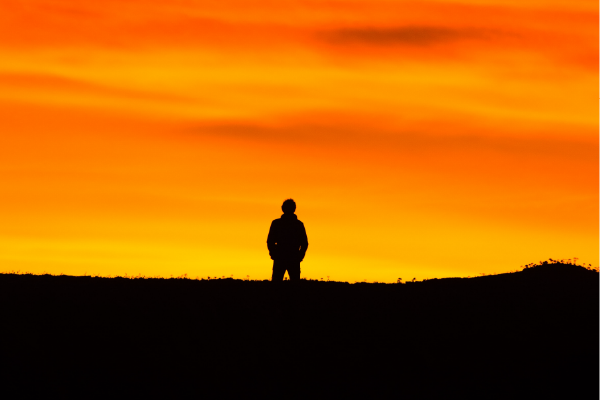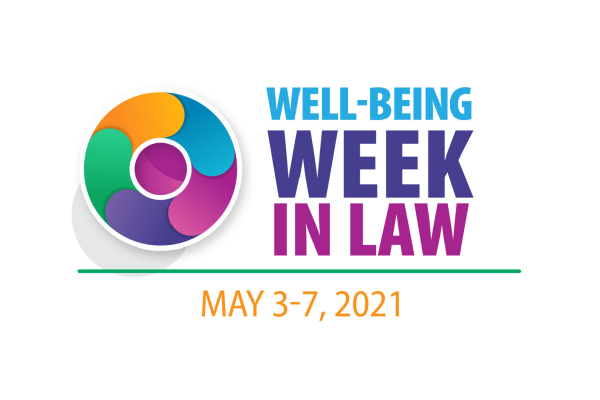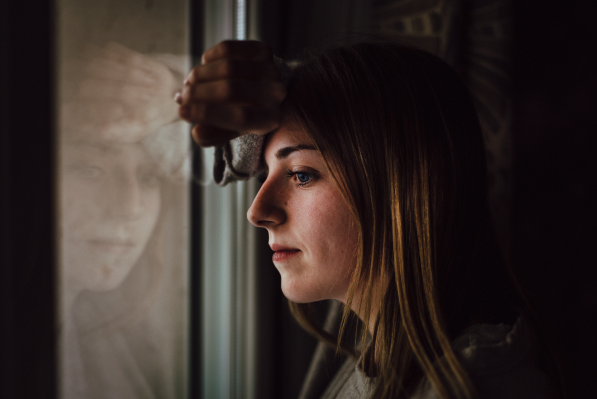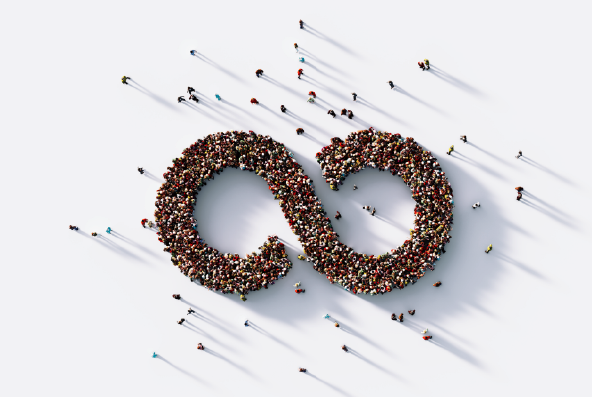Being intentional and paying attention are key starting points for allyship.
We thank Bernardo G. Cuadra for contributing this guest post.
. . .
In June, the SJC Standing Committee on Lawyer Well-Being hosted a program called Upstander Advocacy in the Legal Profession. Moderated by Marguerite Fletcher, three panelists — Nicole Phe, Asha White, and Lyzzette Bullock — discussed their experiences as attorneys of color and shared their advice on how non-BIPOC people can practice allyship and stand up for their colleagues. The following are my post-program thoughts on how we can be proactive in our allyship.
How can we prepare to stand up?
Over the last year, I’ve heard and read many stories relating experiences of bias, discrimination, and microaggressions in the legal profession. And while the people subjected to those harms have helpfully advised us to say something (anything) if we see something, I found myself wondering how I can ensure that I’m ready to *see* that something in the first place. In other words, how can I prepare to stand up?
The more I thought about it, the more I realized that the principles of mindfulness—intention and attention—can elevate our upstander advocacy. By applying these principles to allyship, we can develop new default modes of engagement with colleagues, friends, and strangers, so that we can be ready to help, daily, anywhere we are.
So how might this work?
1. We can start by being deliberately intentional about practicing allyship.
By that I mean, we can make space in our day to purposefully orient and commit ourselves to allyship. For many people, this practice of adopting a daily intention isn’t new. Some already start their mornings by journaling and writing their intentions (maybe kindness or humility or patience). Others might sometimes pause before starting a meeting or presentation and consider some calming words or encouraging thoughts. Prayer or meditation during the day offer additional opportunities to form or return to an intention.
Applied to allyship, I think this intentionality practice can help prepare us to *see* that something. Maybe the morning intention becomes “allyship.” Maybe the prayer or meditation while headed to the conference room or the courthouse or the coffee shop is focused on being present and available. Maybe the pause before beginning the presentation or oral argument—or before attending someone else’s—is focused on the words, “stand up.”
There are countless other ways of forming and expressing this intention. But regardless of how we do it, each time we do, I think we develop the habit of orienting towards allyship, and we grow our capacity for being available to *see*.
2. We can pay attention to the people and environment around us.
Although simple in concept, that’s not always easy in practice, especially when we’re preparing for a hearing or rushing to meet a client or emailing opposing counsel… sometimes simultaneously. Because, we’re more likely to miss what’s happening around us when we’re engaged in our work or in our thoughts. We also miss opportunities when we eschew downtime and boredom. How often do we mindlessly reach for our phones when we’re waiting for the judge… or waiting for our coffee… or waiting for the train? How can we be of service if our minds are miles away from our bodies?
This is where the practice of paying attention can help. Every time I leave my house, I’m presented with endless opportunities to observe and engage with the people around me. If I’m not looking at my phone while riding the crowded subway car, maybe I’ll have an opportunity to offer my seat to an elderly rider. If I’m not ruminating on yesterday’s argument with my partner, maybe I can guide a lost tourist on my walk to lunch. And if I’m regularly paying attention and observing my environment (sights, sounds, smells), maybe I’ll have an opportunity to stand up for a colleague (or stranger!) who has been subject to some hurtful behavior.
GETTING TO WORK
Of course, these two concepts go hand-in-hand: we can be intentional about paying attention. And we can build our capacity for both through a mindfulness practice. Which means, yes, practicing mindfulness can help us be better allies! Luckily, there are abundant resources available everywhere for beginning and enhancing a mindfulness practice.
One of the best places to start is Rhonda Magee’s The Inner Work of Racial Justice: Healing Ourselves and Transforming Our Communities Through Mindfulness — “an essential mindfulness and compassion-based approach to confront racial injustice and work towards healing”.
If any of this this sounds like a little bit of work, that’s a good thing. That way we know we’re actually doing something, that we’re engaging in allyship. And while mindfulness certainly is no panacea for racism, it does offer tools that can help us be better allies in our professional and personal lives.
Bernardo is an Assistant Attorney General in the Non-Profit Organizations/Public Charities Division of the Massachusetts Office of the Attorney General. Bernardo is also Chair of the AGO’s Well-Being Committee and an adjunct professor at New England Law | Boston. Before joining the AGO in 2016, Bernardo was an associate in the Trusts & Estates practice group at Shipman & Goodwin in Hartford, CT, and clerked for the Connecticut Supreme Court. Bernardo can be reached at bernardo.cuadra@mass.gov.
. . .
This post represents the opinions and legal conclusions of its author and not necessarily those of the Office of the Attorney General. Opinions of the Attorney General are formal documents rendered pursuant to specific statutory authority.
Related Resources:
Mindfulness Essentials for Lawyers & Law Students (LCL MA, 2019)





